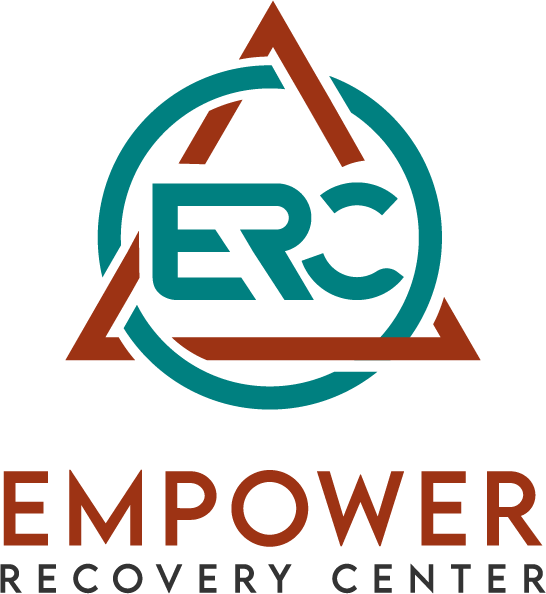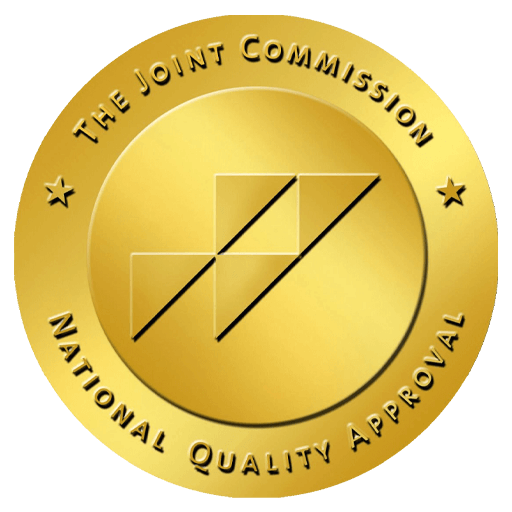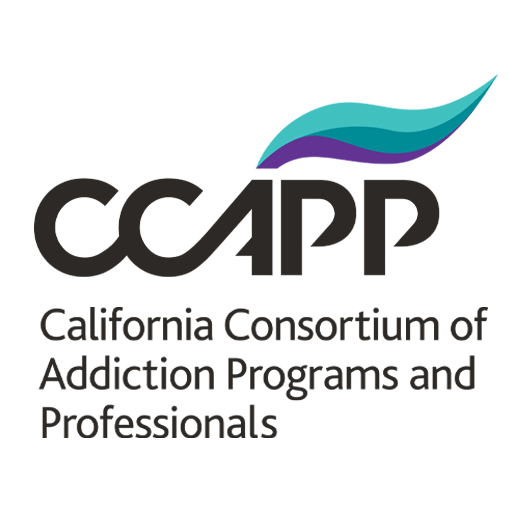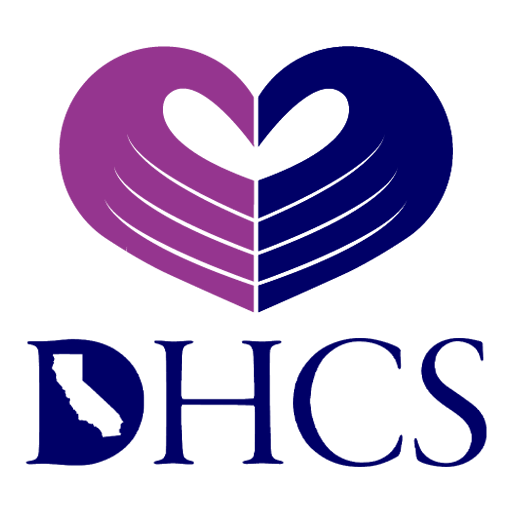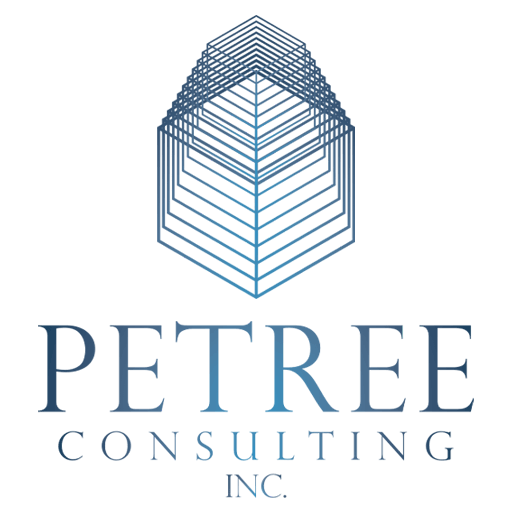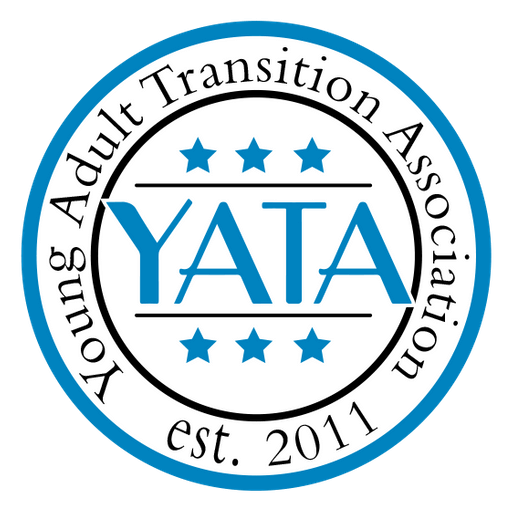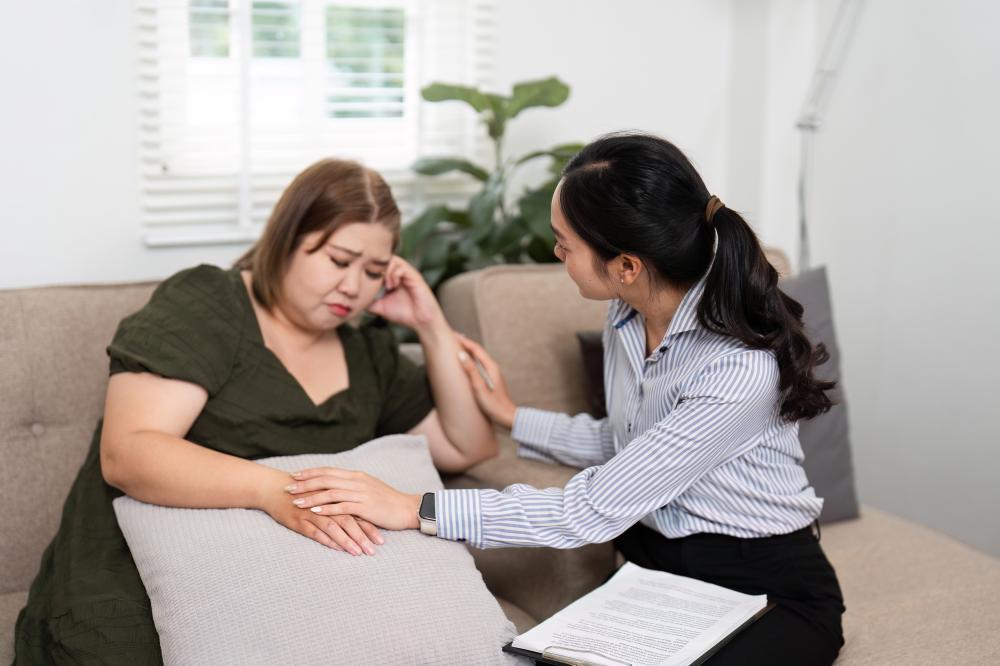Exploring Complicated Grief Disorder
Complicated Grief Disorder (CGD) is an often misunderstood but profoundly impactful condition. It goes beyond the typical grieving process, plunging individuals into a prolonged state of intense sorrow and emotional pain. Those affected may find themselves trapped in their grief, struggling to move forward with their lives. In clinical terms, CGD is characterized by persistent and pervasive grief that extends for months or even years beyond the usual mourning period.
As a professional with over 20 years of experience at Empower Recovery Center, I’ve witnessed firsthand how overwhelming and debilitating CGD can be. Individuals might exhibit symptoms such as an inability to accept the loss, numbness, and difficulty envisioning a future without the deceased. Recognizing these signs is crucial for seeking appropriate treatment and support. In our center, we focus on tailored approaches to address these unique challenges.
Key Treatment Approaches in a Complicated Grief Disorder Treatment Center
At a complicated grief disorder treatment center, a range of approaches are employed to assist individuals in their healing journey. One such method is Complicated Grief Therapy (CGT), a specialized form of psychotherapy designed to help clients process their grief in a structured manner. This therapy focuses on encouraging patients to revisit their relationship with the deceased and to gradually reengage with the world around them.
Cognitive Behavioral Therapy (CBT) is another pivotal approach. It helps individuals reframe distorted or negative perceptions about their loss and develop healthier thought patterns. Many treatment centers, including ours, also emphasize the importance of group therapy, offering a space where clients can share their experiences and support one another in a safe and understanding environment.
Additionally, some centers integrate holistic therapies, such as meditation and art therapy, to complement traditional treatments. These practices can help in reducing stress and fostering emotional expression, offering a more well-rounded path to recovery. At Empower Recovery Center, we’ve seen remarkable progress when combining these diverse techniques.
Choosing the Right Complicated Grief Disorder Treatment Center
Finding the right complicated grief disorder treatment center can feel daunting, especially when grappling with the exhausting nature of CGD. But it’s a crucial step that can significantly influence one’s recovery journey. Start by looking for a center with a proven track record and experienced professionals who specialize in CGD.
1. Research Credentials: Verify that the center is accredited and its therapists are licensed. Experience with CGD specifically is paramount.
2. Evaluate Treatment Plans: Inquire about the types of therapies available. A center should offer a personalized treatment plan, as each individual’s experience with grief is unique.
3. Consider Additional Support: Does the center offer family counseling, aftercare, or resources to support long-term healing? Transitioning back to daily life can be challenging without a support system.
At Empower Recovery Center, we strive to offer a comprehensive range of services to address each of these crucial aspects, ensuring our clients receive the support and care they deserve.
What Qualifies as an Emergency at a Complicated Grief Disorder Treatment Center?
An emergency at a complicated grief disorder treatment center can arise when a client exhibits severe symptoms that threaten their safety or well-being. This might include extreme cases of depression, suicidal ideation, or psychosis. Prompt action and professional intervention are required.
Clients in crisis may need immediate stabilization or a higher level of care, such as hospitalization, to ensure their safety. During such emergencies, it’s vital for a treatment center to have protocols in place to respond swiftly and effectively. At Empower Recovery Center, we maintain a robust emergency response system to protect our clients and ensure they receive the urgent care they need.
Anecdotal Insights from the Field
Throughout my career, I’ve encountered numerous individuals who have bravely navigated the labyrinth of complicated grief. One client, for instance, found solace in our art therapy sessions, discovering that painting allowed her to express emotions she couldn’t verbalize. This creative outlet played a key role in her recovery, showcasing the profound impact of holistic therapy.
Another client, initially skeptical about group therapy, found unexpected comfort and camaraderie among peers who truly understood his pain. Sharing stories and insights not only aided his healing but also fostered a sense of community, reducing feelings of isolation that often accompany CGD.
- Art Therapy: Offers a non-verbal channel for expressing deep emotions.
- Group Support: Provides a community for shared experiences and empathy.
- Personalized Care: Ensures each client’s journey is acknowledged and supported uniquely.
These stories highlight the diversity and adaptability of treatment approaches at a complicated grief disorder treatment center like Empower Recovery Center. Every individual’s path is different, and a tailored approach is often the key to effective healing.
